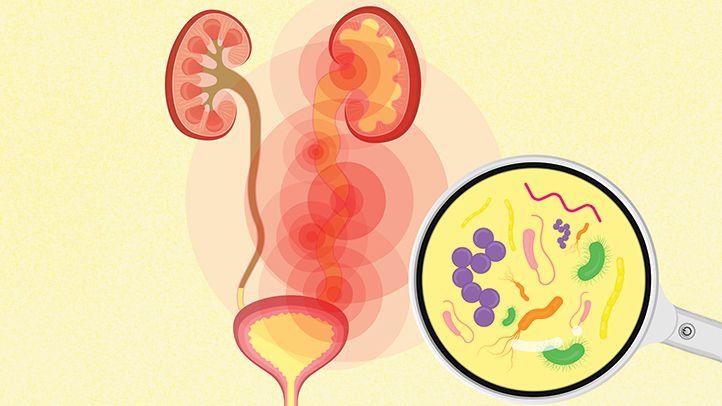Sexual health and hygiene concern: UTI more common in women than men
Urinary tract infection (UTI) typically occurs when bacteria enter the urinary tract through the urethra and begin to multiply in the bladder, overcoming the body’s defences.
It can infect any part of the urinary system like kidneys, ureters, bladder and urethra.
Common symptoms of UTI are: a strong urge to urinate, burning sensation when urinating, passing frequent and small amounts of urine, nausea, vomiting, muscle aches, abdominal pains and urine that appears cloudy and has a strong smell.
Women are at greater risk of developing UTI than men. Women suffer pelvic pain, especially in the centre of the pelvis and around the area of the pubic bone.
Sexual intercourse may lead to infection of the bladder, which is called cystitis. All women are at risk of cystitis because of their anatomy — specifically, the short distance from the urethra to the anus and the urethral opening to the bladder.
Infection of the urethra (urethritis) is a type of UTI that can occur when GI bacteria spread from the anus to the urethra. Also, because the female urethra is close to the vagina, sexually transmitted infections can cause urethritis.
When treated promptly and properly, lower urinary tract infections rarely lead to complications. But if left untreated, UTI can have serious consequences.
Anyone with the symptoms should visit a doctor, who may treat the patient with antibiotics.
Complications of a UTI may include recurring infections, especially in women who experience two or more UTIs in a six-month period or four or more within a year.
The factors that can also increase the likelihood of developing a UTI include diabetes, poor personal hygiene, problems with emptying bladder completely, having a urinary catheter, incontinence, blocked flow of urine, kidney stones, some form of contraception, pregnancy, menopause, suppressed immune system, immobility for a long period and heavy use of antibiotics.
UTI can be prevented following some simple steps like staying hydrated, urinating right away when the need arises, using probiotics, getting enough Vitamin C, cleaning from front to back after urinating and bowel movement, avoiding alcohol and caffeine and practising good sexual hygiene.
Source: The Daily Star
Reference image: Shutterstock

